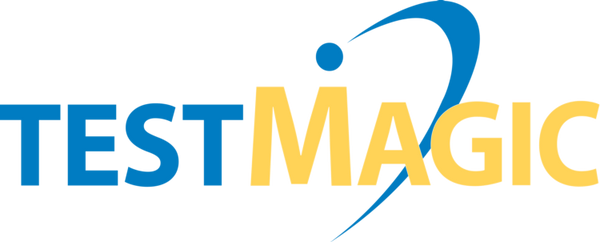TestMagic Blog: College and high school admissions

Institutional Priorities: Why a 'Perfect' Appli...
The Hidden Factor That Could Make or Break Your College Application Ever wondered why some students with all A's and 99 percentile SAT scores get rejected while others with average...
Institutional Priorities: Why a 'Perfect' Appli...
The Hidden Factor That Could Make or Break Your College Application Ever wondered why some students with all A's and 99 percentile SAT scores get rejected while others with average...

What is a mnemonic device? And how to use one?
What a mnemonic device is, and how to use them. With examples and tips!
What is a mnemonic device? And how to use one?
What a mnemonic device is, and how to use them. With examples and tips!
Words that can be nouns or verbs and change pro...
This is a work in progress! But here's the list: abstract accent addict address advocate ally annex attribute attribute combat combat commune compact compound compress conduct conduct confines conflict conflict...
Words that can be nouns or verbs and change pro...
This is a work in progress! But here's the list: abstract accent addict address advocate ally annex attribute attribute combat combat commune compact compound compress conduct conduct confines conflict conflict...
Example of a backgrounder or summary of informa...
Tobacco smoking dates to the pre-Columbian era in the Americas. However, as its popularity increased, its legal status has varied greatly, not just in the US, but all...
Example of a backgrounder or summary of informa...
Tobacco smoking dates to the pre-Columbian era in the Americas. However, as its popularity increased, its legal status has varied greatly, not just in the US, but all...


SAT vocab: enigmatic
What does enigmatic mean? Read below for the definition. Quick vocab quiz for the word enigmatic First, before you read about the word enigmatic, try this quick vocab quiz: enigmatic most nearly means (A) practical(B)...
SAT vocab: enigmatic
What does enigmatic mean? Read below for the definition. Quick vocab quiz for the word enigmatic First, before you read about the word enigmatic, try this quick vocab quiz: enigmatic most nearly means (A) practical(B)...
